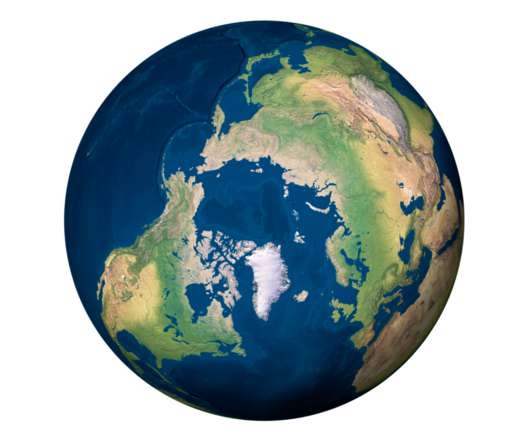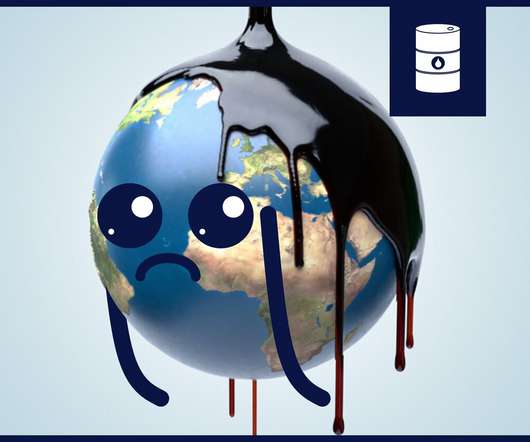A North-Pole, How Much Longer?
Mr. Sustainability
DECEMBER 25, 2020
An Awe-Inspiring Place The Arctic, also affectionately called the North Pole and home to Santa Claus, has always been a magical place that captivated our imagination. Unfortunately, all kinds of positive (or negative?) As long as there is ice in a body of water, any surrounding heat energy is carried towards the ice to make it melt.















Let's personalize your content